I’d sent in my application months before. It was an excerpt about a houseboy taken away from his parents to live with a wicked Madam in Lagos. In it, I sought to critique a society where house-helps were perceived as lesser human beings, one in which the idea that all-house-helps-are-evil-and-deserve-serious-beatings is conventional. Few weeks later, I received the news that I and 19 others had been selected for the workshop.
The ANA/ Yusuf Ali Creative Writing Workshop is a creative writing program run by the Association of Nigerian Authors (ANA). ANA was founded in 1981 by Chinua Achebe to promote writing and to protect the interest of Nigerian writers. The ANA/Yusuf Ali Creative Writing Program is funded by a grant from Yusuf Ali, S.A.N—a Nigerian lawyer.
I left Lagos on a bright, sunny morning. At the airport, I met two other writers, Tolase and Wunmi, who were flying from Lagos as well. Within minutes, we were engrossed in discussions about new African writing. Tolase and Wunmi would become my good friends at the workshop. Our flight went as scheduled. While flying, I remember having this particular line in my head and longing so much to use it in one of my stories: The houses far below looked like polished slates, patterned, as if it were a work of art made by God himself.
DAY 1
Richard Ali, author of City of Memories and Publicity Secretary (North) of ANA, welcomed us at the hotel. We checked into our respective rooms before convening at the conference room downstairs. While we waited for the introductory session, we got familiar and chatted about our writing. Basit Jamiu, a rather comical fellow, quickly became our Master of Ceremonies. He demanded that each participant share something within the group—a short story, a poem, spoken word, anything artistic or literary. And that was how I discovered Wazani. Wazani recited a beautiful spoken-word piece, one that sounded like sweet music yet was so politically informed. A few others presented poems before Richard Ali joined us.
Richard announced that the facilitator, Mr Charles Akinsete, a lecturer at the Department of English, University of Ibadan, had had his flight delayed. He said there was meant to be another facilitator—Professor Kanchana Ugbabe, an Indian emeritus professor of English at the University of Jos. A sudden trip had, however, ensured the professor was out of the country the weekend of the workshop. He suggested we get some rest before reconvening at 7:30.
Charles Akinsete arrived at the conference room, bespectacled, with the exuberance and energy of a man receiving an important academic prize. He had that brilliant, sharp sort of humor I wouldn’t usually associate with lecturers of English. He made an effort to know each and every participant. He then delivered a superb introductory lecture titled “Challenges, Imagination and African Writers.” Interesting and important conversations were fuelled by the topic. Charles’s objective was inspiring us to see things differently and, in this, he succeeded. After his lecture, we were able to appraise literature and our writing in ways that we never expected were possible. Day 1 ended with Charles’s inspirational quotes boiling in our hearts and minds. He had awakened our consciousness and challenged to be great writers. Charles Akinsete was that good, really!
DAY 2
Writers need food.
Day 2 of the workshop began with breakfast. We sat around at square tables of four, asking each other how the night had went. The dining area filled with our voices. At some points, you would hear Achebe’s work being analyzed at a table; at other points, phrases like “African literature” or “Post-modernism” would pop up and claim my ears. I ached for the gift of omnipresence, to be at every table at the same time. At my table, the conversation was around brilliant short stories penned by African writers, novels recently released, who won what prize and who got shortlisted and who was ignored.
Most of us were still in awe of the previous day’s lecture. We had seen literature, African literature, in newer lights. There was a new confidence. So, when the workshop for the day kicked off with readings, we grew more expectant of the new things we would learn. Some handpicked participants read their works. The facilitator offered constructive criticisms and comments. What was more important was the steady development of the eyes with which we viewed our writing after readingd. Charles read his story, which was both funny and profound. After reading, he gave a bit of a background to the story.
Swiftly, we moved on to the business of the day. Charles discussed to a great extent the key elements of prose fiction. He contextualized the African novel and gave useful tips on creative writing. He and Richard Ali distributed free novels to every participant—a very generous gesture; they were also generous with their attention and knowledge.
We gathered again for lunch and let our newly found literary voices do the talking amidst mouthfuls. After lunch, we broke up into groups. One group in the conference room was engaged in another round of reading and critiquing; another group in the dining hall was relating to each other stories from their personal lives, mostly about how they started writing. The hotel filled again with affable laughter and literary arguments.
It was about ten p.m. when I headed back to my room. I stopped over at the rooms of some other participants, teasing and enjoying the last of our laughter. In my room, I looked through the window. The streets around illuminated with fluorescent and saffron rays, nearby keke napeps prapraprapped down the road in front of the Savannah Suites Hotel. I picked up a pen and a sheaf of conference jotting paper, pulled the high-backed chair closer to the window and wrote all I saw.
I frightened sleep away with my thoughts, and writing, and movies.
The day of departure sneaked up on us anyway.
DAY 3
Sunday.
I woke up with a paper glued to my bare chest and a pen pressing against my thigh and the sun dancing in my eyes.
Day 3!
I picked up my phone to dial the numbers of some participants-turned-good-friends leaving that morning. Chiemerie left before six. Evaristus’s flight was by eight. Endurance had fallen ill. Monday had left. Udeme came to say goodbye. I didn’t see Charles. He probably left quite early. Later on, Richard messaged that he was leaving, at about noon, giving final instructions on the airport shuttle. For those of us flying to Lagos, our check-out time was by 2 p.m.
***
I’m glad I penned this memoir. Finally. The possibility of memoirs make goodbyes bearable. Or maybe it doesn’t. All that happened at the workshop didn’t stay in Abuja. I can still feel the cold silence after everyone left. In my mind’s eyes, I see that the landscape outside had lost its glow. I wish to listen again to the prapraprapping of keke napeps racing down the broad street outside Savannah Suites Hotel. Here in Lagos, the morning sun looks dull and the air smells different. ANA/ Yusuf Ali Creative Writing Workshop should have lasted forever. Only the workshop memories surround me now.
***********
About the Author:
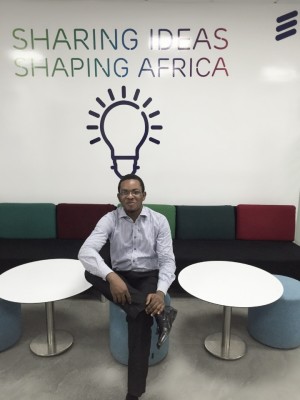 Tochukwu Emmanuel Okafor was born in Lagos, Nigeria. His work has appeared, or is forthcoming, in Aerodrome, The Bombay Review, Southern Pacific Review, Flash Fiction Online, Bakwa Magazine, and elsewhere. He was selected by the Association of Nigerian Authors (ANA) to participate in its first ANA/Yusuf Ali Creative Writing Workshop (2015). An MTN and Etisalat scholar, he won the Comptroller Charles Edike Prize for Outstanding Essay (2014) and two Festus Iyayi Awards for Excellence for Prose and Playwriting (2015). He was longlisted for AMAB-HBF Flash Fiction Prize (2015), and his work will be appearing in the first Nigerian anthology of flash fiction.
Tochukwu Emmanuel Okafor was born in Lagos, Nigeria. His work has appeared, or is forthcoming, in Aerodrome, The Bombay Review, Southern Pacific Review, Flash Fiction Online, Bakwa Magazine, and elsewhere. He was selected by the Association of Nigerian Authors (ANA) to participate in its first ANA/Yusuf Ali Creative Writing Workshop (2015). An MTN and Etisalat scholar, he won the Comptroller Charles Edike Prize for Outstanding Essay (2014) and two Festus Iyayi Awards for Excellence for Prose and Playwriting (2015). He was longlisted for AMAB-HBF Flash Fiction Prize (2015), and his work will be appearing in the first Nigerian anthology of flash fiction.


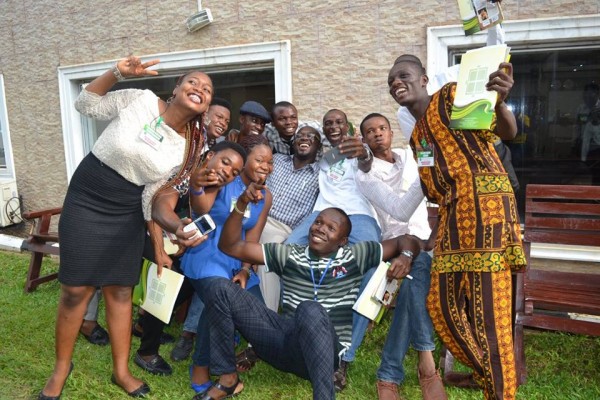
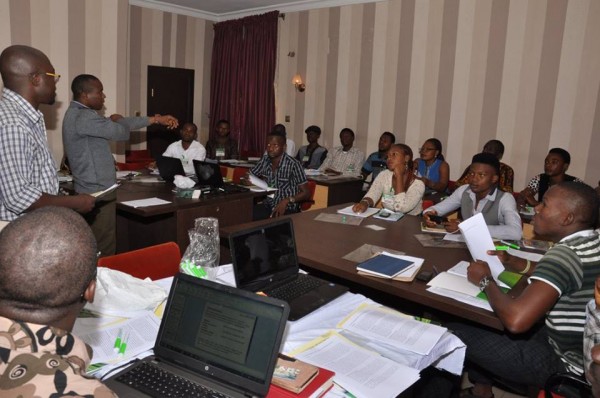
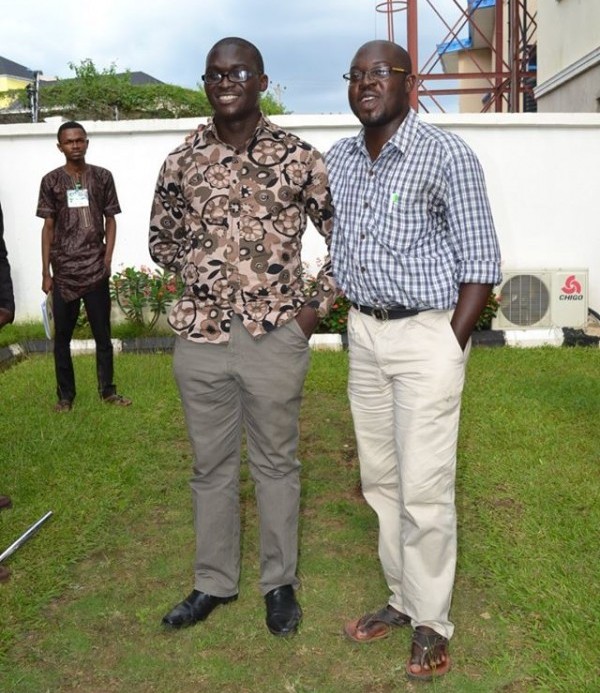
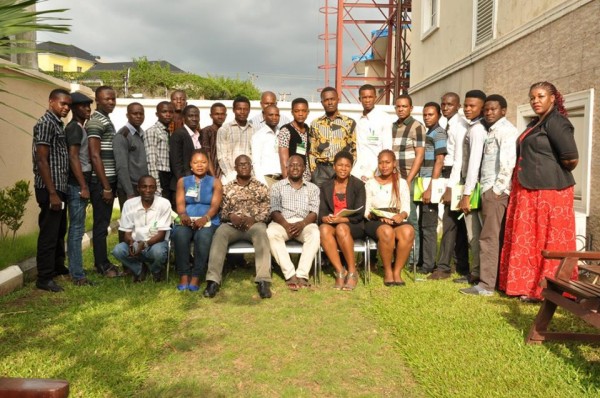
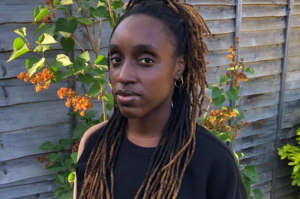



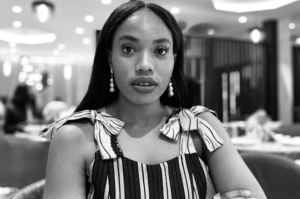


COMMENTS -
Reader Interactions